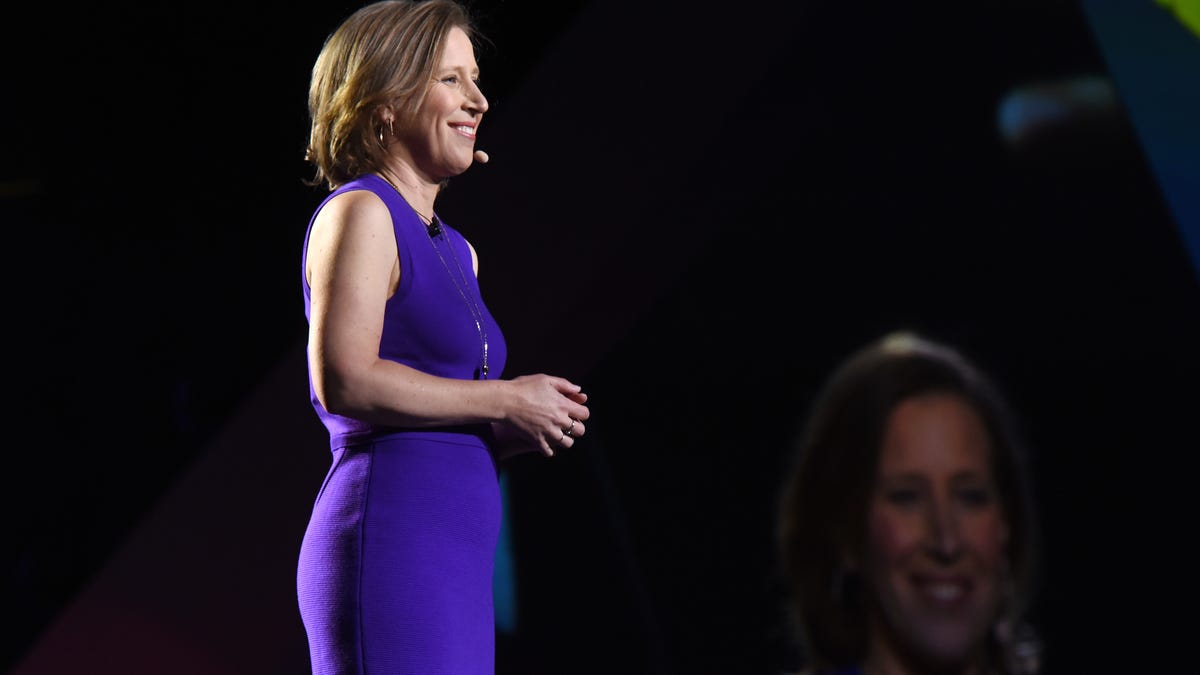YouTube CEO: Facebook should 'get back to baby pictures'
YouTube may be derided as full of cat videos, but as Facebook pushes aggressively into YouTube's video turf, Susan Wojcicki says it should stick to baby pics.

YouTube, led by CEO Susan Wojcicki, has been criticized for struggling to control offensive content on its service.
YouTube CEO Susan Wojcicki won't divulge her biggest fear about competing with Facebook , but she will give them some free advice.
"They should get back to baby pictures," Wojcicki said Monday at the Code Media conference in Huntington Beach, California. (By the way, Facebook's already aiming in that direction.)
Video has been an obsession for Facebook, as it tries to swipe the most advertising dollars migrating off television before YouTube can get them. Facebook has been aggressively advancing the number of clips and live streams that bubble up to the top of your News Feed and has rolled out a central hub for TV-like programming called Watch.
"You always have to take competition seriously. You don't win by looking backwards; you win by looking at your customers and looking forward," she said.
Facebook didn't respond to a message seeking comment.
Also, Wojcicki said YouTube planned on Tuesday to roll out its Red subscription tier much wider internationally to about 100 countries, from the five where it operates now.
She also explained the rational behind allowing stars like Logan Paul -- a digital star under fire for posting offensive videos to YouTube including one showing a suicide victim -- to stay on the service. YouTube has a three-strikes rule, she said. That means creators can have their accounts terminated for three infractions against YouTube's official policies. Paul hasn't hit three strikes, Wojcicki said, noting it's important for the company to enforce its rules consistently.
YouTube, the biggest video resource on the internet, has spent much of the last year battling against backlashes like the one against Paul. Ads running offensive clips spurred an advertiser boycott early last year, and when YouTube responded by more aggressively pulling ads off questionable content, it faced an outcry from creators who say they unfairly lost their money-making power. Whether it's nightmarish clips slipping into its app for kids, and or channels that border on child exploitation, YouTube has been grappling with its ability to responsibly manage its vast scale.
Wojcicki said Monday that drawing a line about what's appropriate to exist on YouTube is sensitive because "on one side is censorship and the other is too much freedom of speech."
"This year we've been really focused on growing up," she said.
The Smartest Stuff: Innovators are thinking up new ways to make you, and the things around you, smarter.
Apple: See what's up with the tech giant as it readies new iPhones and more.

